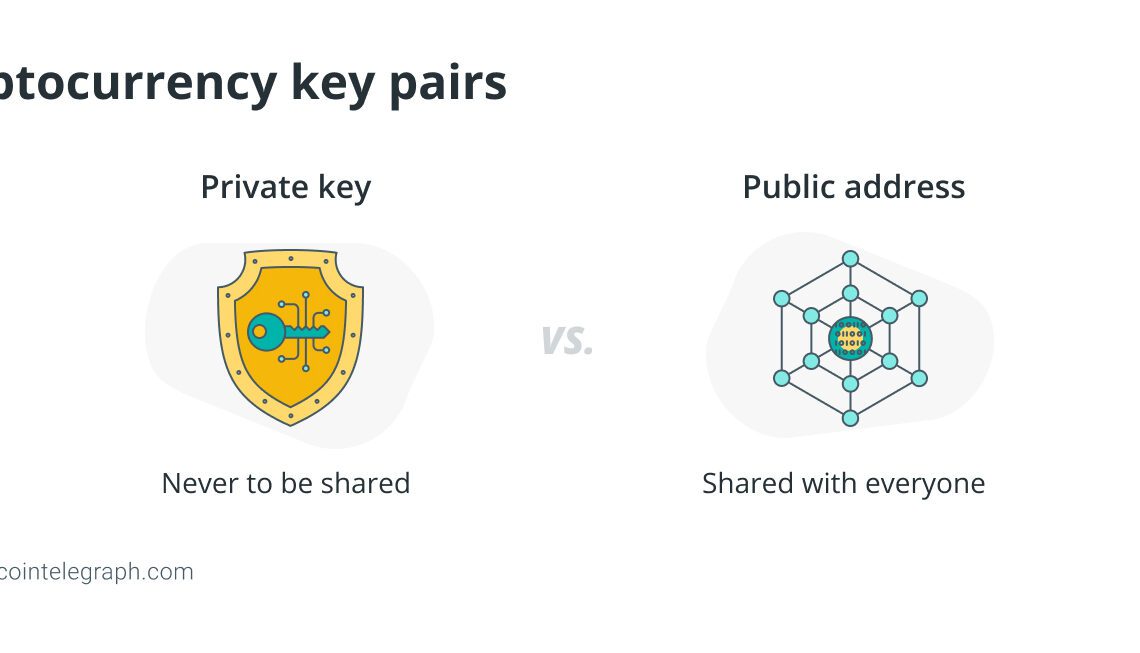In the rapidly evolving world of cryptocurrencies, it is critical to secure one’s digital assets. A crucial element of crypto security is storing a backup of private keys. Private keys are the keys to one’s crypto kingdom, and losing them can cause an irreversible loss of money.
This article will explain the importance of private keys, the risks they pose and the different ways to safely backup keys.
What are private keys?
In the world of cryptocurrency, every digital wallet is built upon a foundation of cryptographic keys, forming an essential element of its structure. These keys, unique to every user, play a pivotal role in securing one’s assets.
The private key, functioning akin to a password, acts as the gateway to accessing funds, while the public key mirrors the wallet address, enabling seamless transactions. Generated through complex algorithms, private keys are the linchpin of ownership in the digital asset realm.
In contrast to conventional banking systems, where misplaced login credentials are frequently recoverable, a lost private key in the cryptocurrency realm cannot be recovered. Therefore, the private key and ownership are inextricably linked, so protecting them requires careful consideration.
To better understand the concept of private keys, let’s explore how they work:
Key generation
A public key and a private key are the two cryptographic keys that are generated when a cryptocurrency wallet is created. The private key is kept confidential and known only to the owner, whereas the public key is available to all and acts as an address to receive funds.
Ownership and security
The private key belongs to the owner alone and functions similarly to a digital signature. It needs to always be kept secret and safe. The linked cryptocurrency funds are under the jurisdiction of anyone who has access to the private key. Private keys can be kept by users in a variety of formats, including encrypted digital files, paper wallets and hardware wallets.
Transactions
A user uses their private key to sign transactions when they wish to send cryptocurrency from their wallet. This signature is validated by the network using the matching public key. The transaction is accepted and posted to the blockchain, verifying the money transfer if the signature is legitimate.
Access and control
Having the private key enables an individual to access and manage the funds. It is imperative that the private key be kept confidential and not disclosed to any parties. The fact…
Click Here to Read the Full Original Article at Cointelegraph.com News…
























